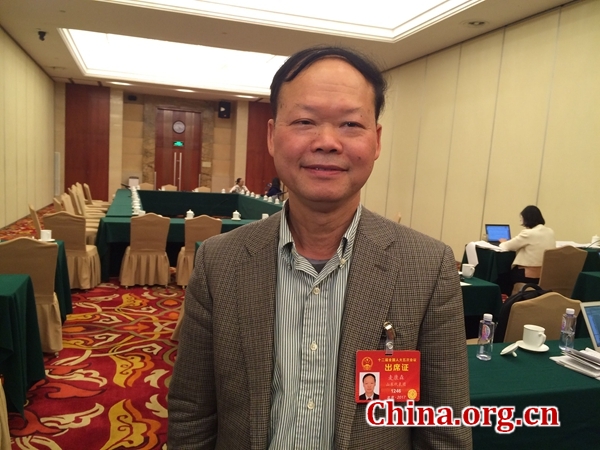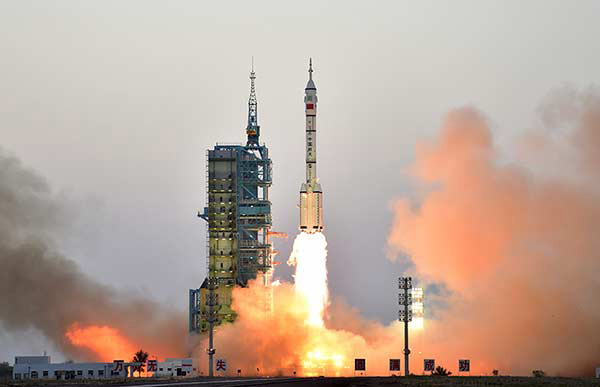NPC deputy proposes longer fishing ban to protect ocean resources
 |
|
NPC Deputy Mai Kangsen, an academician of the Chinese Academy of Engineering [Photo/China.org.cn] |
NPC Deputy Mai Kangsen, an academician of the Chinese Academy of Engineering, has suggested extending the annual fishing ban among other measures to protect ocean resources.
He was speaking on the sidelines of the ongoing annual session of the National People’s Congress in Beijing.
“Ocean resources are exhaustible. We have to recognize that, in order to protect ocean resources and make fishing sustainable, we have to have higher catch limits,” he said.
He proposed further extending the fishing ban, slapping strict controls on the size of fish caught, and setting fishing quotas.
Based on scientific estimates, Mai said the annual catch from the shallow ocean should be set in a range between 3-6 million tonnes. However, China’s current catch is more than 10 million tonnes every year, profoundly damaging the ocean ecosystem.
The fishing ban that China implements has been extended from three to four months and was extended to the Huaihe River last year. This year, the Pearl River and Minjiang River are included for the first time.
The ban is enforced beginning June 1 every year and aimed at safeguarding fish during their breeding season and conserving fish stocks.
“Despite the extension of the fishing ban, there is still a great strain on ocean resources,” said Mai. “We should come up with stricter policies to restore resources.”
Although there will be added management costs, protecting ocean resources was a far more important consideration.
